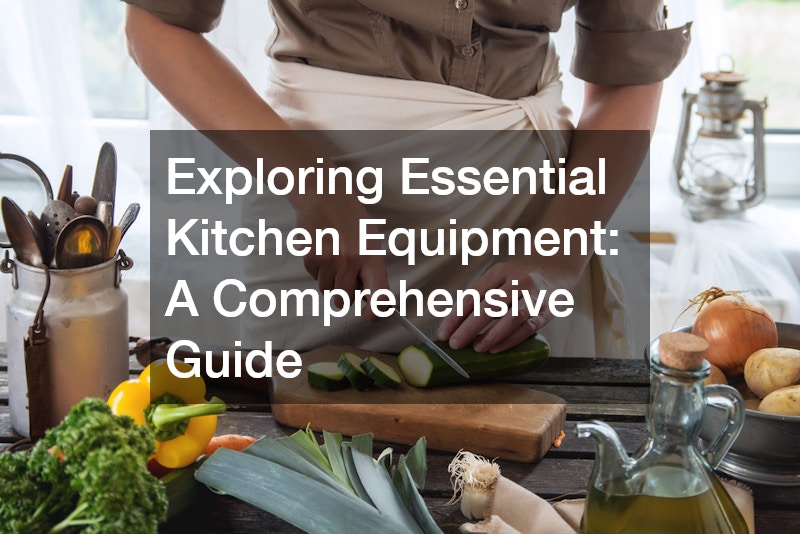What Are the Must-Have Kitchen Tools for Beginners?
Every aspiring home cook should begin their journey with a basic set of kitchen tools. Essential items like measuring cups, cutting boards, and sharp knives form the foundation for most cooking tasks. Having the right tools on hand can make meal preparation more efficient and enjoyable.
For beginners, the choice of utensils can significantly impact the quality of the cooking experience. A sturdy spatula, a variety of mixing bowls, and durable baking sheets are indispensable in any kitchen. Investing in these simple tools fosters an environment where creativity can thrive.
It's also worth noting that quality matters over quantity. While it may be tempting to buy every gadget available, focusing on a few reliable kitchen tools ensures that every cooking endeavor is supported by dependable equipment. Thus, beginners should prioritize functionality and ease of use when selecting their essential kitchen tools.
How to Choose the Right Cookware for Your Kitchen?
Selecting appropriate cookware is critical in achieving culinary success. Different materials, such as stainless steel, cast iron, and non-stick surfaces, have unique properties that can influence cooking outcomes. Understanding the advantages and disadvantages of each can help streamline the cooking process.
For example, while non-stick pans simplify cleanup and reduce the need for excess oil, they may not withstand high heat as well as stainless steel options. Cast iron pans, in contrast, offer superior heat retention but require more maintenance. Evaluating the types of meals you plan to prepare can guide your choices.
Another aspect to consider when choosing cookware is compatibility with your heat sources. Some varieties work better on gas ranges, while others are ideal for induction cooking. By selecting the right cookware for your kitchen setup, you will improve both safety and efficiency during meal preparation.
What Kitchen Appliances Are Worth the Investment?
When it comes to kitchen appliances, it is essential to differentiate between those that significantly enhance your cooking capabilities and those that may go unused. Appliances like high-quality blenders, food processors, and stand mixers can simplify complex tasks and inspire creativity in the kitchen.
Additionally, investing in appliances with dual functionalities, such as pressure cookers that also serve as slow cookers or air fryers that can toast and bake, can add versatility to your cooking arsenal. The shift towards multifunctional equipment showcases innovation in the culinary field, allowing home cooks to explore multiple cooking techniques.
Ultimately, the decision to invest in kitchen appliances should be aligned with your cooking habits and the types of meals you frequently prepare. Opt for appliances that suit your lifestyle and cooking style to ensure they become valuable assets in your kitchen.
How to Maintain and Care for Your Kitchen Equipment?
Proper maintenance is key to extending the lifespan of your kitchen equipment. Regular cleaning routines tailored to specific materials are essential. For instance, cast iron cookware requires special care to avoid rust, while non-stick surfaces need gentle mechanisms to avoid scratching.
Another vital aspect of keeping kitchen equipment in top condition is storage. Avoid storing items stacked in a way that could cause damage, and look for solutions that maximize space while protecting your tools. Ensuring easy accessibility also encourages you to use your equipment regularly.
It's also beneficial to periodically assess your kitchen tools and appliances. Check for signs of wear or malfunction, and replace any item that no longer meets your needs or has diminished performance. This proactive approach ensures your cooking experience remains enjoyable and efficient.
In conclusion, understanding the essential kitchen equipment helps enhance cooking skills and overall kitchen efficiency. Investing time and resources into the right tools ultimately leads to a more enjoyable cooking experience.


